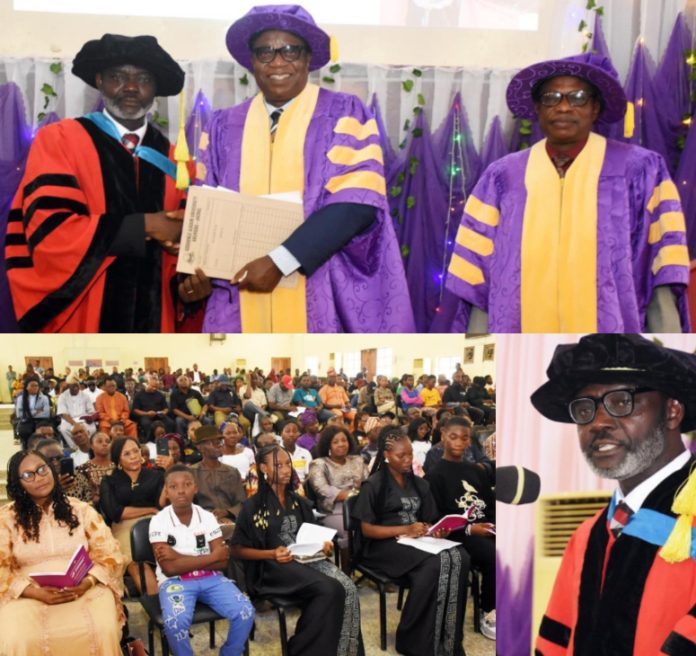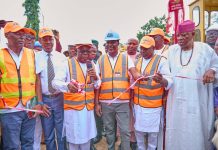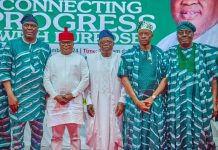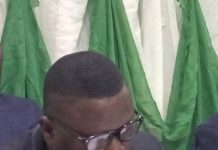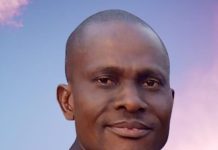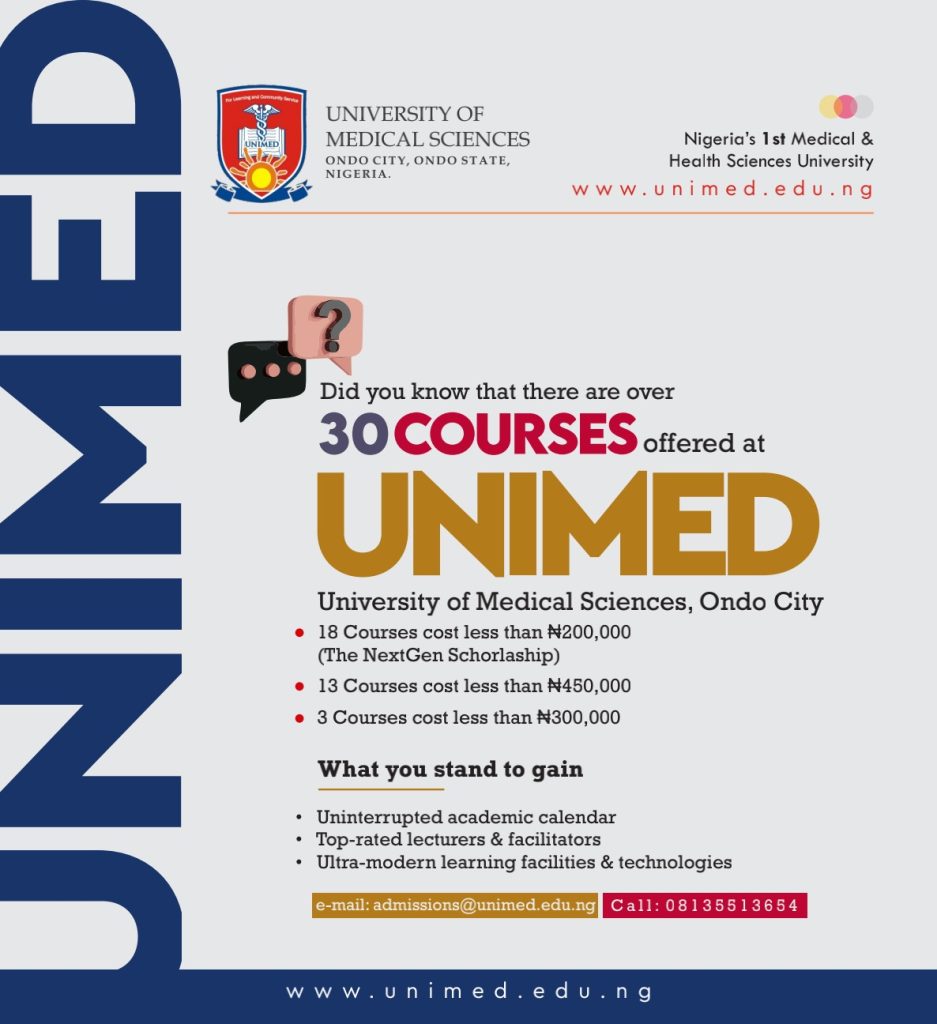
“Nigerians only believe that they are divided, but there are no facts to support such a belief. The call for restructuring is anchored on the false premise that the various ethnic nationalities are incompatible. A country with over 250 ethnic nationalities, over 500 languages, and a population of over 200 million, and we are still at relative peace! Then how do we define unity? The country’s biggest challenge is the political will to transform these potentials into wealth, welfare, and security of the state.”
These were the words of Simon Ehiabhi, a Professor of African Political and Diplomatic History, during the 26th Inaugural Lecture of Adekunle Ajasin University, Akungba Akoko, on Tuesday, July 30, 2024. The lecture was titled “Historical Consciousness, Shared Identity and the Quest for a Restructured Nigeria.”
Prof. Ehiabhi asserted that the call for restructuring was based on the false belief that Nigeria’s various ethnic nationalities were incompatible.
He emphasized that Nigerians were more united than commonly expressed and that there was no possibility of disintegration. He stressed the need to develop a Nigerian model of shared identity.
“It is the leadership failure that has brought Nigerians to the point of agitation for restructuring and not the falsely created construct of ethnic incompatibility,” he said.
Prof. Ehiabhi further argued that Nigeria’s problem lies in its political leadership, not its structure. “Nigeria is suffering from Acute Leadership Deficiency Syndrome (ALDS). This ailment exists because of the nature of Nigerian politics and leadership recruitment. The character of the state is often a reflection of the kind of leaders managing the state. There should be a search for visionary and pragmatic political leadership that may appreciate the value of history in order to develop a shared Nigerian identity through historical consciousness.”
Looking ahead, Prof. Ehiabhi made several recommendations to address the ongoing call for restructuring to include: ethnic agitation and discordant expression should not be treated as felony by the Nigerian state but understood as indicators of distress, dissatisfaction, and apprehension about government policies.
“There is an urgent need for constitutional empowerment of recognized traditional institutions as they are custodians of historical consciousness and shared identity that define post-colonial relations. The teaching of national integrative history should be made compulsory at all educational levels to build a commonly-shared identity from an early stage. Introducing national values of common good to children at infancy can help instill the right patriotic values.
“Restructuring without historical consciousness is futile; therefore, the National Orientation Agency (NOA) should focus on sustained advocacy on cultural points of convergence through historical narrative. Political commentaries should de-emphasize the narrative of a divided Nigeria, as there are ample accounts to establish a sense of brotherhood among Nigeria’s federating units.
“Civil Society Organizations (CSOs) should revive their role in challenging bad governance as they did during the military era in Nigerian politics. Continued criticism of bad policies through public advocacy based on historical facts can help curb bad governance.”
Earlier, while introducing the Inaugural Lecturer, the Chairman of the event and Vice Chancellor, Prof. Olugbenga Ige, described Prof. Ehiabhi as a thoroughbred academic and sought-after speaker at seminars and lectures.


